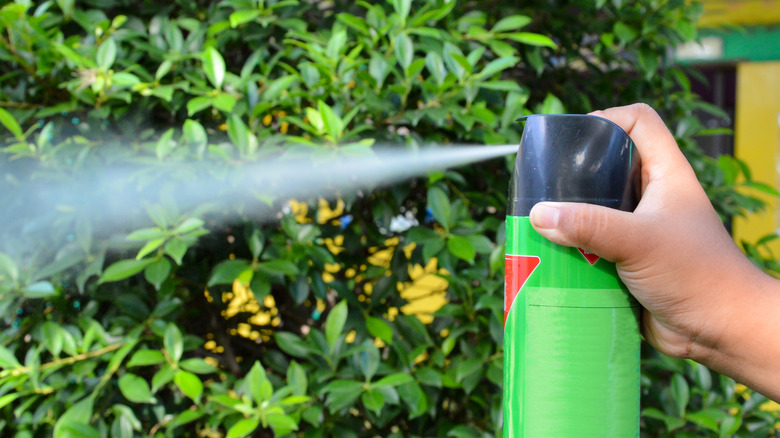From bug zappers to a good old-fashioned swat, there are plenty of weapons you can choose for an anti-mosquito arsenal. Mosquitos are famously annoying pests that leave itchy bites and sometimes carry diseases. However, they also have surprising benefits that just might make you hesitate to kill them — most importantly, mosquitoes are pollinators, as well as food sources for other species. They can play a valuable role in keeping gardens and ecosystems healthy.
When you think of pollinators, you probably think of butterflies and bees first. The truth is, though, lots of insects and other creatures are pollinators too, including many that are considered pests. Flies, for example, are beneficial to your garden too. Mosquitoes weren’t known to be pollinators until 1913, and they tend to pollinate at night rather than during the day. So, it’s easy to see why they’re still widely viewed as pests. Yet as water-loving bugs, they commonly help pollinate plants in damp environments. With this in mind, you may want to avoid killing them so you can support a healthy ecosystem.
Why killing mosquitoes can be harmful

Some types of mosquitoes need protein when they’re young, which is why these insects famously feed on blood. However, adult mosquitoes eat nectar from plants, which allows them to pick up pollen as they travel from plant to plant. Nectar is actually the mosquito’s main source of food. Many mosquito species feed only on nectar, and not on blood at all. When mosquito populations dwindle, flowering plants lose an important pollination method.
In addition to their role as pollinators, mosquitoes have a valuable place at the bottom of many food chains. They’re eaten by hummingbirds, dragonflies, and other beloved species. So, if too many mosquitoes get killed in an area, the species that feed on them can suffer, too. Though most plants have multiple pollinators, and most creatures have multiple food sources, taking out mosquitoes can disrupt the balance of local ecosystems. That said, there may be times when you’ll need to take action to reduce nearby mosquito populations. However, you can help out the plants in your area by repelling mosquitoes, rather than killing them.
Alternatives to killing mosquitoes

Some popular mosquito-killing methods actually don’t even work. Bug zappers, for example, kill many harmless and beneficial insects but very few mosquitoes. Other methods, like pesticides, work a little better but also harm beneficial bugs. Repellent methods are more effective for keeping mosquitoes out of your life, without harming other animals in the process. Citronella and other plant-based repellents like pine and peppermint oils can work very well, and add a pleasing fragrance to your outdoor spaces — they are a better choice than mosquito-repellent coils, which release smoke that pollutes the air.
A breezy fan will also help as mosquitoes aren’t built to fly in the wind, so they will have difficulty reaching you if you sit in front of a fan. One of the best repellent methods is prevention. Make sure to keep your outside spaces free of standing water where mosquitoes can breed. Since it’s the infants who feed on blood, you should focus most on keeping breeding mosquitoes away. As long as they aren’t breeding near your home, the adults aren’t likely to bother you, and those mosquitoes can play their valuable part as pollinators and food web members.



